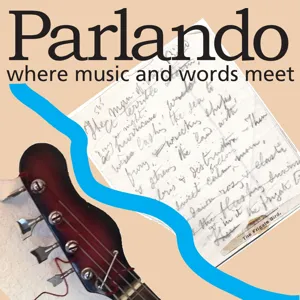The Drunken Singer

I remind myself today that I sometimes write lyrics, so here's a piece that features my own words and music.
What the Parlando Project usually does is combine other people's words (usually literary poetry) with the variety of original music we compose and make. You can hear over 700 examples of that at our blog and archives located at frankhudson.org